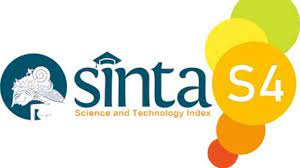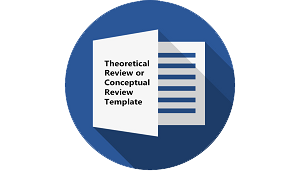The Application of Project Based Learning to Improve Students’ Ability in Analyzing Narrative Texts of English for SMA
DOI:
https://doi.org/10.30957/ijoltl.v5i2.621Keywords:
Project Based Learning, narrative texts, folk legends.Abstract
The purpose of this study was to improve English learning achievement through the application of the Problem Based Learning for grade XII of class IPA.1 students at SMA Negeri 1 Mlonggo. This research is a collaborative classroom action research, assigning 30 students of class IPA-1 of SMA Negeri 1 Mlonggo as the research participants. Data were collected through observation and test. This research has two cycles. Each implements four stages, namely planning, implementation, observation and evaluation, analysis and reflection. Each cycle is carried out in three meetings with 2x45 minutes each. Results show that the increase of respective cycles is as follows: (1) of 36 students, 20 (57%) achieved the mastery learning in the pre-cycle, (2) in the first cycle, 26 (74%) students completed the mastery learning, and (3) in the second cycle, 34 (97%) finished the minimum learning mastery. In average, the achievement in pre-cycle 72.86 increase into 79.00 (8%) in cycle I, and into 84.29 (16%) in cycle II.
Downloads
References
Doppelt, Y. (2003). Implementation and assessment of projectbased learning in flexible environment. Instructional. Journal of Technology and Design Education, 13, 255-272.
Fogarty, R. (1997). Problem Based Leraning and Multiple Intelligences Classroom. Melbourne: Hawker Brownlow Education.
Howey, K. R. (2001). Contextual Teachingand Learning Teaching for Understanding ThroughIntregation of AcademicandTechnical Education. Forum, 16(2).
Johanna, P., & Lasonen, V. (2000). Find and Work Based Learning in Vocational Higher Education Programmes: A Finish Case of Project Learning. Paper Presentation. Institut for Educational Research University of Jyvakyla.
Jones, B. F., Rasmussen, C. M., && Moffitt, M. C. (1997). Real-life problem solving: A collaborative approach to interdisciplinary learning. Washington DC: American Psychological Association.
Mahanal, S. e. (2019). RICOSRE: A learning model to develop critical thinking skills for students with different academic abilities. International Journal of Instruction, 12(2).
Moffit. (2002). Pembelajaran Berbasis Masalah (Problem Based Learning). Jakarta: Depdiknas.
Rusman. (2011). Model-Model Pembelajaran. Jakarta: PT. Raja Grafindo Persada .
Sugiyono. (2016). Metode Penelitian Kuantitatif, Kualitatif dan R& D. Bandung: PT Alfabet.
Sukardi. (2008). Metodologi Penelitian Pendidikan Kompetensi dan Praktiknya. Jakarta: Bumi Aksara.
Thomas, J. W., Mergendoller, J. R., & Michaelson, A. (1999). Project-based learning: A handbook for middle and high school teachers. Novato, CA: The Buck Institute for Education.
Z. Asan, A. H. (2005). Implementing Project Based Learning In Computer Classroom. The Turkish Online Journal of Educational Technology–TOJET, 4(3).
Downloads
Published
How to Cite
Issue
Section
License
Authors who publish with this journal agree to the following terms:
- Authors retain copyright and grant the journal right of first publication with the work simultaneously licensed under a Creative Commons Attribution-ShareAlike 4.0 International License that allows others to share the work with an acknowledgement of the work's authorship and initial publication in this journal.
- Authors are able to enter into separate, additional contractual arrangements for the non-exclusive distribution of the journal's published version of the work (e.g., post it to an institutional repository or publish it in a book), with an acknowledgement of its initial publication in this journal.
- Authors are permitted and encouraged to post their work online (e.g., in institutional repositories or on their website) prior to and during the submission process, as it can lead to productive exchanges, as well as earlier and greater citation of published work (See The Effect of Open Access).












